Amir Taheri has a superb round up of the major players in the coming Iraqi election this morning. Despite what is already months of horrendous violence with more sure to come… These guys really hate elections, don’t they? Why don’t they just kick back with a brewski and watch some football?… Taheri is optimistic. He details the Shiite factions:
Shiites enter the election with three major competing lists of candidates. While all agree that Iraq must become a pluralist democracy, they represent different political sensibilities and are marked by the regional and tribal identities of their leading members.
One list, led by interim Prime Minister Ayad Al-Allawi, draws support from urban areas, especially Baghdad, and among civil servants, business people and senior tribal leaders. This group envisages a special relationship with the United States and Coalition allies. Domestically, it wants to give the state a central role in all aspects of the nation’s life, including the economy.
A second list is led by the already mentioned Shahrestani and endorsed by Grand Ayatollah-Ali Muhammad Sistani, the most senior of Shiite clerics in Iraq.
A nuclear physicist, Shahrestani led Iraq’s atomic program for several years under Saddam Hussein – but broke with Saddam when the dictator ordered the program extended from civilian projects to developing nuclear weapons. Imprisoned and tortured, Shahrestani was able to flee; he found refuge in Iran, but soon found life under the ayatollahs “suffocating” and became a refugee in Britain.
It is difficult to place this list on the spectrum; it holds former Communists and ex-monarchists, traditionalist conservatives and left-wing radicals. Its support base consists of small shopkeepers, rank-and-file tribesmen, the mass of the clergy and students of theology, and part of the rural population in southern Iraq.
The third major Shiite list is headed by Abdul-Aziz Hakim Tabatabai, a junior cleric whose late father (Grand Ayatollah Muhsin Hakim) was the most senior Shiite cleric in Iraq. Known as the Supreme Council for the Islamic Revolution in Iraq (SCIRI), this group has enjoyed Iranian support for the past 22 years. Yet it would be wrong to see SCIRI as an arm of Iranian policy in Iraq.
The SCIRI has closely cooperated with the U.S. and coalition allies since before liberation. It sees itself as one of the prime victims of Saddam’s rule and regards America’s presence and support as essential to prevent the return of Saddamites to power.
Maybe it’s a tad optimistic, but I want to believe Taheri. I’m an optimist (that’s why I was liberal). In any case, read it all. You can’t tell your players without a scorecard. (via “The Blog of the Year”)



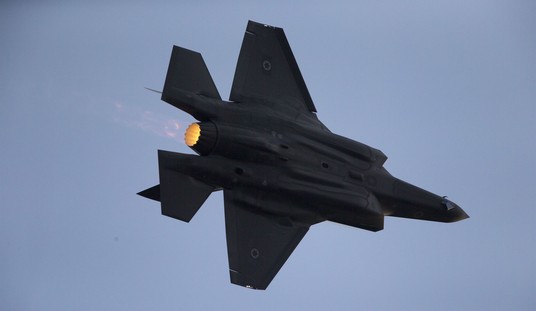
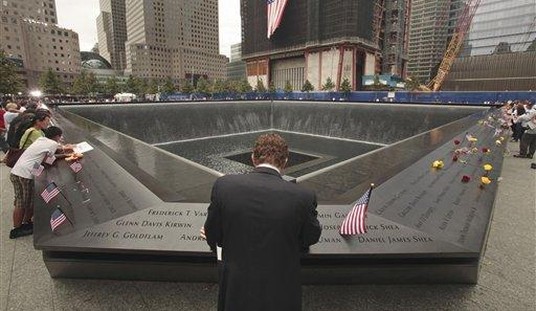
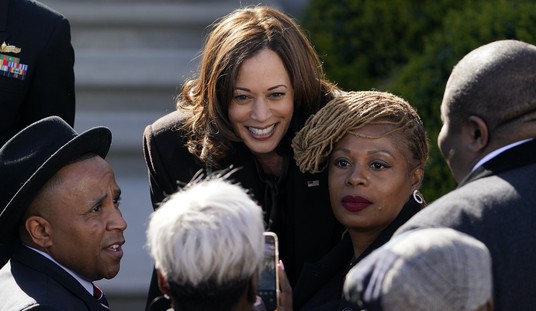

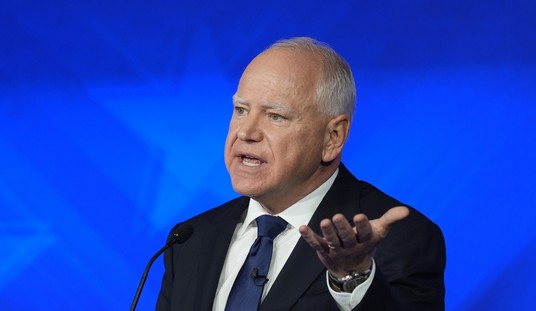
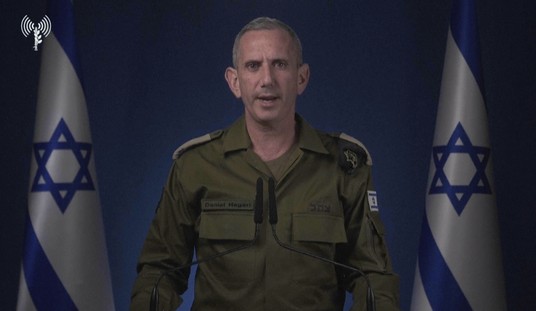
Join the conversation as a VIP Member